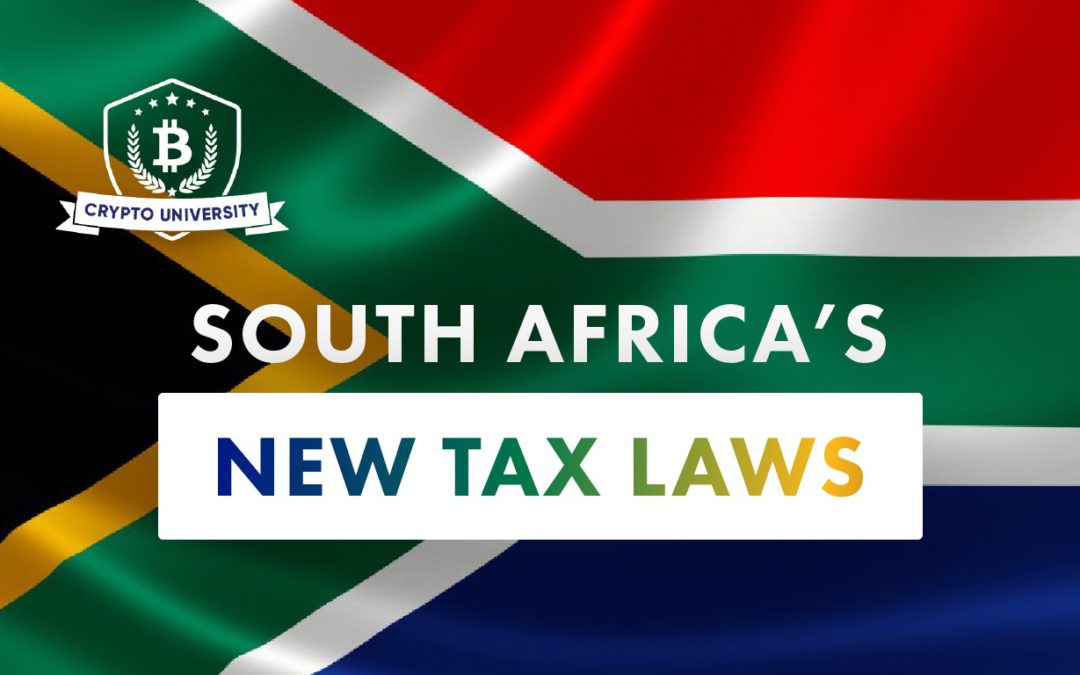There is a new tax law in South Africa that is causing confusion around cryptocurrency. The new law states:
“There shall be exempt from tax any form of remuneration to the extent to which that remuneration does not exceed one million, two hundred and fifty thousand Rand in respect of a year of assessment and is received by or accrues to any employee during any year of assessment by way of salary, leave pay, wage, overtime pay, bonus, gratuity, commission, fee, emolument or allowance in respect of services rendered outside of the Republic by that employee for or on behalf of any employer if that employee was outside of the republic.”
Basically, the new law states that any South African residents who worked overseas for more than 183 days aggregated with 60 of them being consecutive must pay taxes over wages that exceed R1.25 million. The wage cap was previously R1 million. Anything more than R1.25 million earned will be subject to a tax of up to 45%.
“SARS”, or South African Revenue Service, has new regulations for retirement and pension funds for expats. The National Treasury announced that they will be phasing out the financial emigration process currently in effect by the “SARB” or South African Reserve Bank. There will be a three year lock-in for these funds for South African expats. The new regulations will be implemented on March 1, 2021. Once these are effective, South Africans will not be allowed to withdraw these funds until they can prove they have been a non-resident under both South African residency tests for a period of 3 consecutive years.
The process to become a non-resident for tax and exchange control purposes in South Africa is referred to as financial emigration. This process ensures all requirements under the Income Tax Act No.58 of 1962 are met for one to become a non-resident. For South African expats who wish to emigrate financially and break their ties with SARS will need to do so before March 1, 2021 if they wish to do so without being subject to a 3 year lock-in period. Financial emigration is a crucial step to formalize one’s “non-resident” tax status, it does not automatically ensure that one is no longer a tax resident.
What does this mean for your cryptocurrency earnings if you are a South African? For those who identified as non-residents, it means that any amount of cryptocurrency you withdraw through your financial institution over R1.25 will be subject to a tax rate of up to 45%. This might seem outrageous to some. While we can not provide financial advice, we can inform you that South Africans looking to cash out their cryptocurrency can do so on a P2P or “peer to peer” exchange like Paxful. If you are unfamiliar with P2P services or cryptocurrency trading in general, you can learn more here.
Written by Edward Gonzales © Crypto University 2021
